The Question of the Future of Recovery. Just about anyone who is new to recovery wonders how they will ever be able to go the rest of their lives without indulging in some kind of substance. I could not imagine how I was going to spend the rest of my life without drinking at some point. In my early experiences in 12 step meetings (something I am do not do anymore) I heard people talk about deceased “old-timers” and how he or she died sober. I thought that sounded like the most dismal thought I could think of.
The Idea Of Forever
The first thing I had to do was dispense with this idea of “forever”. We cannot even conceive of what this means in the first place. The rest of my life is completely abstract and unknowable. In my earliest days and weeks in recovery I focused on the smallest form of the present tense I could conjure. If that meant breaking life into one hour increments, then that was the way it had to be.
One Day At A Time
I know this sounds like the AA slogan of “one day at a time”. But it was really a coping mechanism. It is something I learned from working with mindfulness meditation ideas, and this I learned from another person who had been sober much longer than I. I found that the need to manage, or attempt to manage, things that were beyond me was something that drove my desire to drink and use drugs. As I learned to let go of this micro-managing of the unknown, I became calmer more generally.
Little by little I stopped thinking about not drinking for the rest of my life. In fact, I got to a point where I told myself that the day may come when I do drink. It just will not be today. I was sure of that much. And in the earliest days of recovery I knew I could promise myself I would not drink in the next two hours.
Illusion of Control
Letting go of the illusion of control is a central feature of mindfulness and it has been a crucial practice in staying sober. Mindfulness training teaches us to allow thoughts and feelings to come to us without assigning judgment to these thoughts and feelings. This necessarily means releasing the notion that I can control things that have not even happened yet. I could certainly point to a lot of bad outcomes form my past. But I had no real knowledge of my future.
Future of Recovery
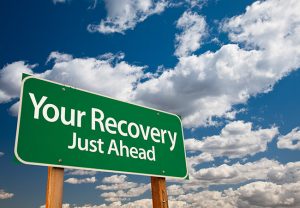 Taking on ideas which involve managing long-term prospects over which I have little to no control is defeating. This is actually defeating to anyone. It is lethal to someone with a substance abuse problem. With several years of sobriety behind me now. I have learned to dismiss these notions of “forever” and “the rest of my life”. I do not know what those things even mean. Again, I am confident that I will not drink or use drugs today. This allows me to just seem myself as a recovering person rather than someone who needs to fight off the desire to drink every day.
Taking on ideas which involve managing long-term prospects over which I have little to no control is defeating. This is actually defeating to anyone. It is lethal to someone with a substance abuse problem. With several years of sobriety behind me now. I have learned to dismiss these notions of “forever” and “the rest of my life”. I do not know what those things even mean. Again, I am confident that I will not drink or use drugs today. This allows me to just seem myself as a recovering person rather than someone who needs to fight off the desire to drink every day.
CLICK HERE to get a Free Confidential Addiction Rehabilitation Assessment.

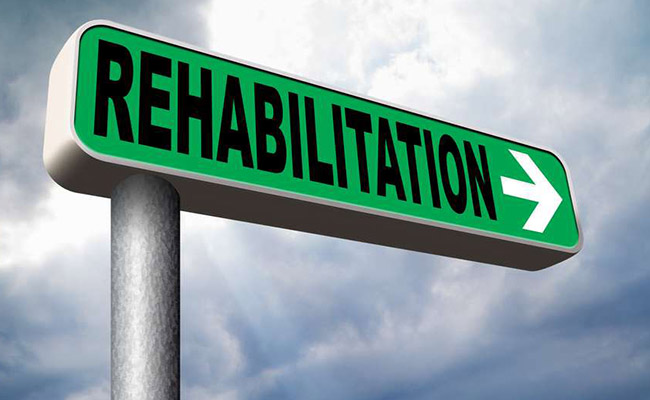
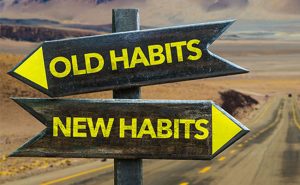 The best apology you can make to someone you have harmed is changed behavior. If you keep repeating the same mistakes, the people in your life will stop trusting you altogether and they will lose faith in you. You don’t want that to happen. Stay on the right path and do the next right thing. This is the greatest way to heal broken relationships.
The best apology you can make to someone you have harmed is changed behavior. If you keep repeating the same mistakes, the people in your life will stop trusting you altogether and they will lose faith in you. You don’t want that to happen. Stay on the right path and do the next right thing. This is the greatest way to heal broken relationships.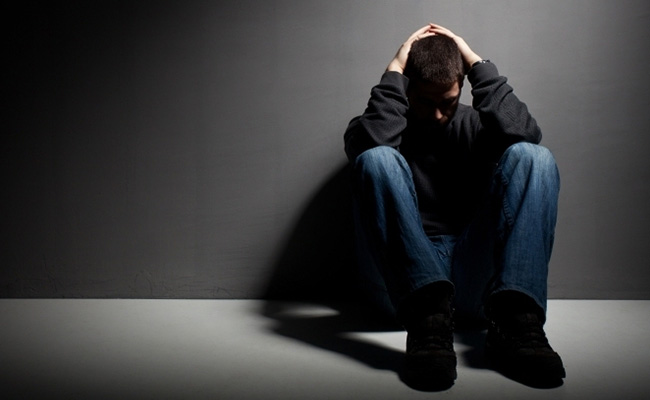
 When you get sober, you might suddenly find that you are consumed with guilt over the things you did while you were addicted. This is very common for people who regain their sanity after being engaged in the insane cycle of addiction for a prolonged period of time. Being dishonest in your dealings with others for months or even years at a time may have left you feeling bad about yourself.
When you get sober, you might suddenly find that you are consumed with guilt over the things you did while you were addicted. This is very common for people who regain their sanity after being engaged in the insane cycle of addiction for a prolonged period of time. Being dishonest in your dealings with others for months or even years at a time may have left you feeling bad about yourself.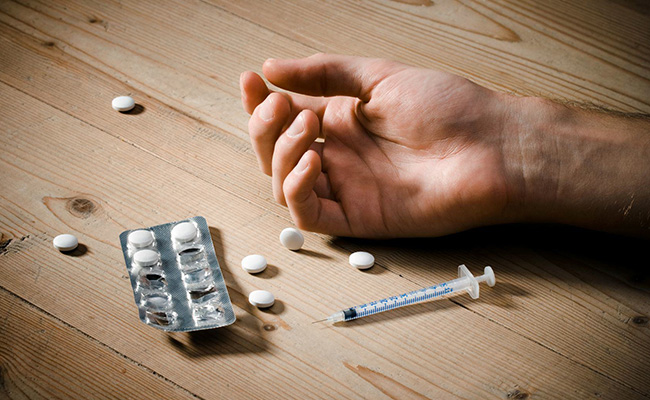


 For many people, sleep problems are at the root of their substance abuse problems. In one research study, 46% of the patients in their study reported using drugs or alcohol to self-medicated because of problems with sleeping. Sleep disorders underpin substance abuse and they become complicated by substance abuse.
For many people, sleep problems are at the root of their substance abuse problems. In one research study, 46% of the patients in their study reported using drugs or alcohol to self-medicated because of problems with sleeping. Sleep disorders underpin substance abuse and they become complicated by substance abuse.







